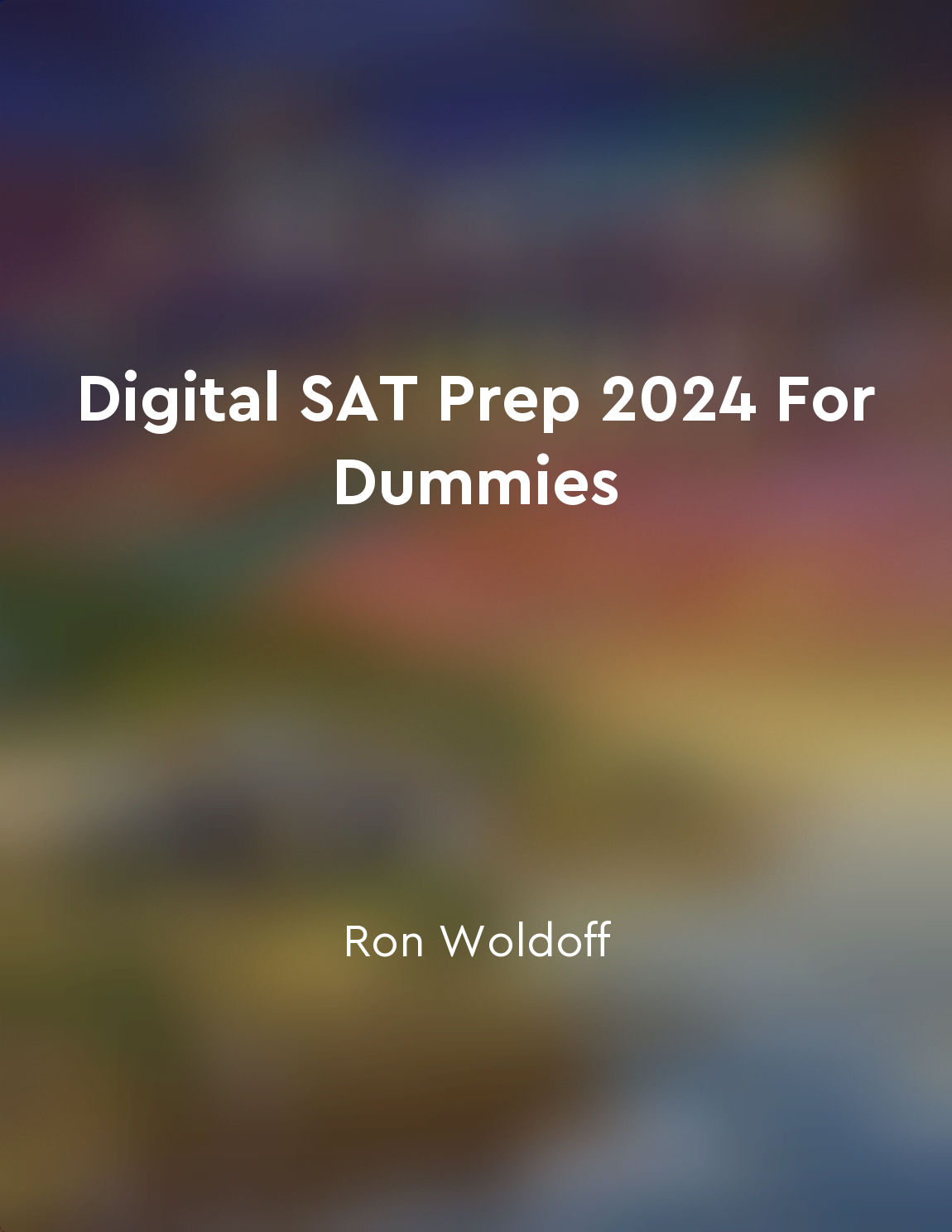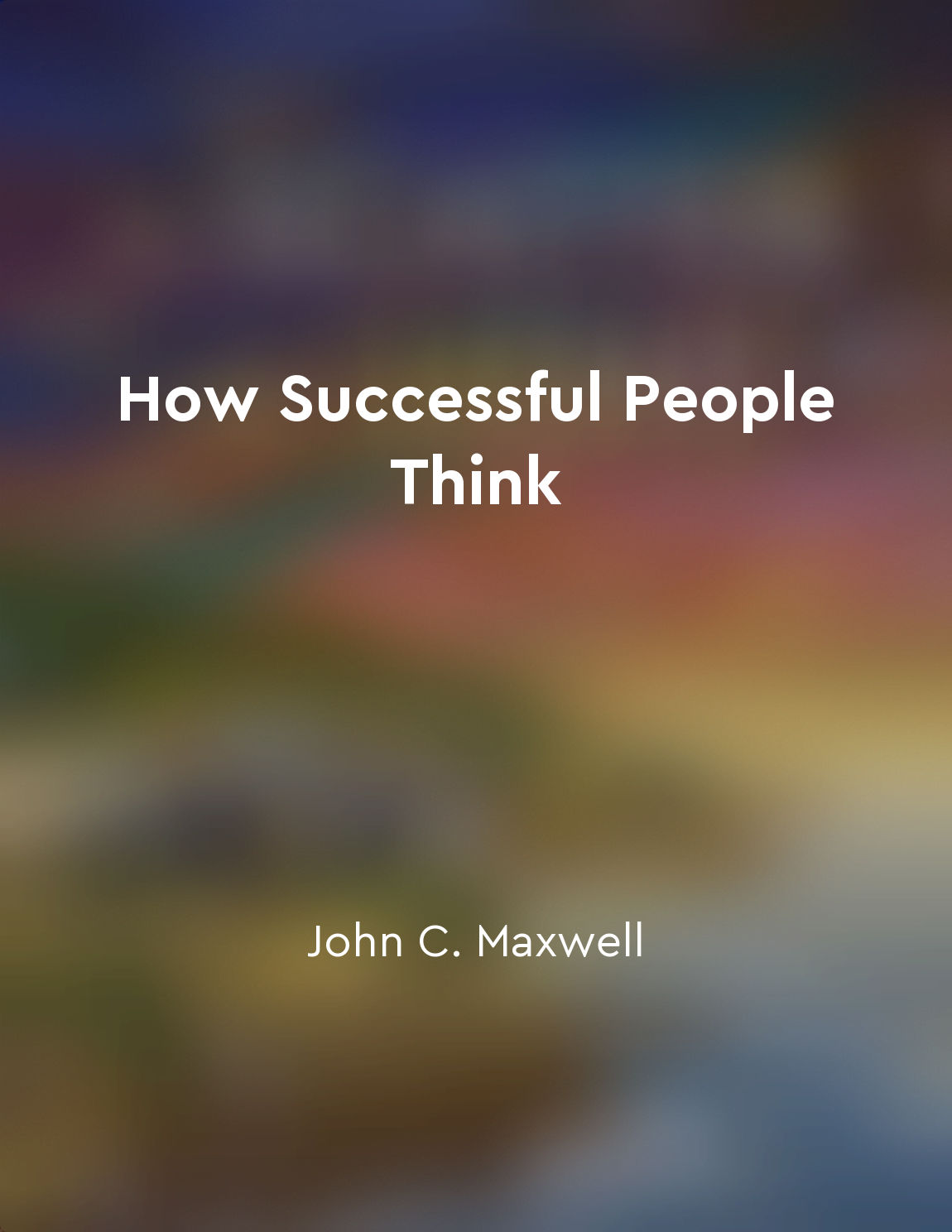Audio available in app
Introduction to logical thinking from "summary" of A Guide to Logical Thinking by William Maurice Shanner
Logical thinking is the foundation of rational thought and critical reasoning. It is the process of analyzing and evaluating information in a systematic and coherent manner. By developing logical thinking skills, you can make sound judgments and decisions based on evidence and reasoning rather than emotions or biases. One key aspect of logical thinking is the ability to identify and evaluate arguments. An argument is a set of statements that are intended to support a conclusion. It is essential to distinguish between premises (the statements that provide evidence or reasons) and the conclusion (the statement that the argument is trying to prove). By understanding the structure of arguments, you can assess their validity and determine whether they are convincing. Another important aspect of logical thinking is the ability to recognize and avoid common fallacies. Fallacies are errors in reasoning that can undermine the validity of an argument. By being able to identify fallacies such as ad hominem attacks, straw man arguments, and appeals to emotion, you can strengthen your ability to critically evaluate information and make informed decisions. Furthermore, logical thinking involves the skill of making inferences based on available information. Inferences are conclusions that are drawn from evidence or premises. By using deductive reasoning (drawing specific conclusions from general principles) and inductive reasoning (drawing general conclusions from specific observations), you can build a solid foundation for logical thinking.- Introduction to logical thinking is about honing your ability to think critically, analyze information, and make reasoned judgments. By mastering the principles of logical thinking, you can navigate the complexities of the world with clarity and confidence. It is a skill that is essential for success in academics, professional endeavors, and everyday life.
Similar Posts

Creating a study schedule
To succeed on the SAT, you need to have a plan. One of the most important parts of that plan is creating a study schedule. This...

Think on your feet in any situation
When faced with unexpected challenges or difficult situations, the ability to think quickly and respond effectively is a valuab...

Embrace your inner genius
When you embrace your inner genius, you tap into a wellspring of creativity and potential that lies dormant within you. This ge...
Develop strong organizational skills
To succeed as a student, it is essential to possess strong organizational skills. Being organized means having a system in plac...

Take Responsibility for Your Success
Taking responsibility for your success is a crucial concept that every student must understand. It means recognizing that you a...

They focus on solutions, not problems
One of the key traits of successful people is their ability to shift their focus from dwelling on problems to finding solutions...
Believe in your own capabilities
The key to unlocking your mental superpowers lies in your ability to trust in your own skills and resources. When you have fait...
Importance of staying updated with current affairs
It is imperative to stay updated with current affairs in today's fast-paced world. The world is constantly changing, and it is ...
Engaging in dialectic can resolve misunderstandings
Dialectic is a method of discourse that emphasizes dialogue and reasoning to uncover truths and clarify misunderstandings. At i...
Developing critical thinking habits
Developing critical thinking habits is an essential skill that can be cultivated through practice and dedication. It involves c...

